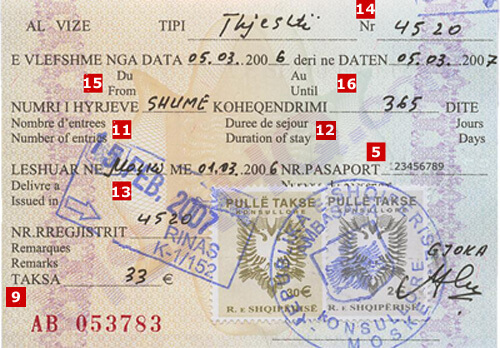Albania Embassy list in India
Need help?Chat with us
Why Trip Registration at the Albania Embassy is Important
Registering your trip with the Albanian embassy is paramount for ensuring safety and maintaining open lines of communication during your travels. In instances of natural disasters, such as earthquakes or floods, having your details registered enables the embassy to provide timely updates and support. For travelers caught in political unrest, the embassy can offer evacuation assistance and advice on safe routes. Furthermore, in the case of medical emergencies, registration allows embassy personnel to reach out quickly, facilitating medical care or connecting you with local healthcare services. This proactive measure enhances your security while abroad and ensures you have access to crucial resources during unpredictable circumstances.
Albania Embassy FAQs
Can the Albania embassy assist in legal issues abroad?
Yes, the Albania embassy can provide general information and guidance on legal issues, but they cannot represent individuals in legal matters.What should I do if I lose my Albania passport in India?
You should immediately notify the Albania embassy, report the loss to local authorities, and apply for a replacement passport.Does the embassy provide information on local customs and laws?
Yes, the embassy offers resources and advice regarding local customs, laws, and cultural practices to help travelers navigate their visit.Can the embassy help with finding accommodation in emergencies?
While the embassy cannot directly arrange accommodation, they can offer suggestions and guidance on available options.
Services Provided by Albania Embassies in India
Passport Services:
- Issuance of new passports
- Renewal of existing passports
- Replacement of lost or stolen passports
Visa Issuance for Foreign Nationals
Assistance in Legal or Medical Emergencies
Travel Alerts and Safety Updates
Support for Nationals Detained Abroad
Summarized Diplomatic Presence
Albania maintains a diplomatic presence in India primarily through its embassy, located in New Delhi. The embassy serves as the main conduit for diplomatic relations, facilitating communication and cooperation between Albania and India. It focuses on promoting trade, cultural exchange, and tourism while providing essential services to Albanian nationals abroad. This presence not only strengthens bilateral ties but also fosters a better understanding of each country’s policies and values, contributing to a robust international relationship.
